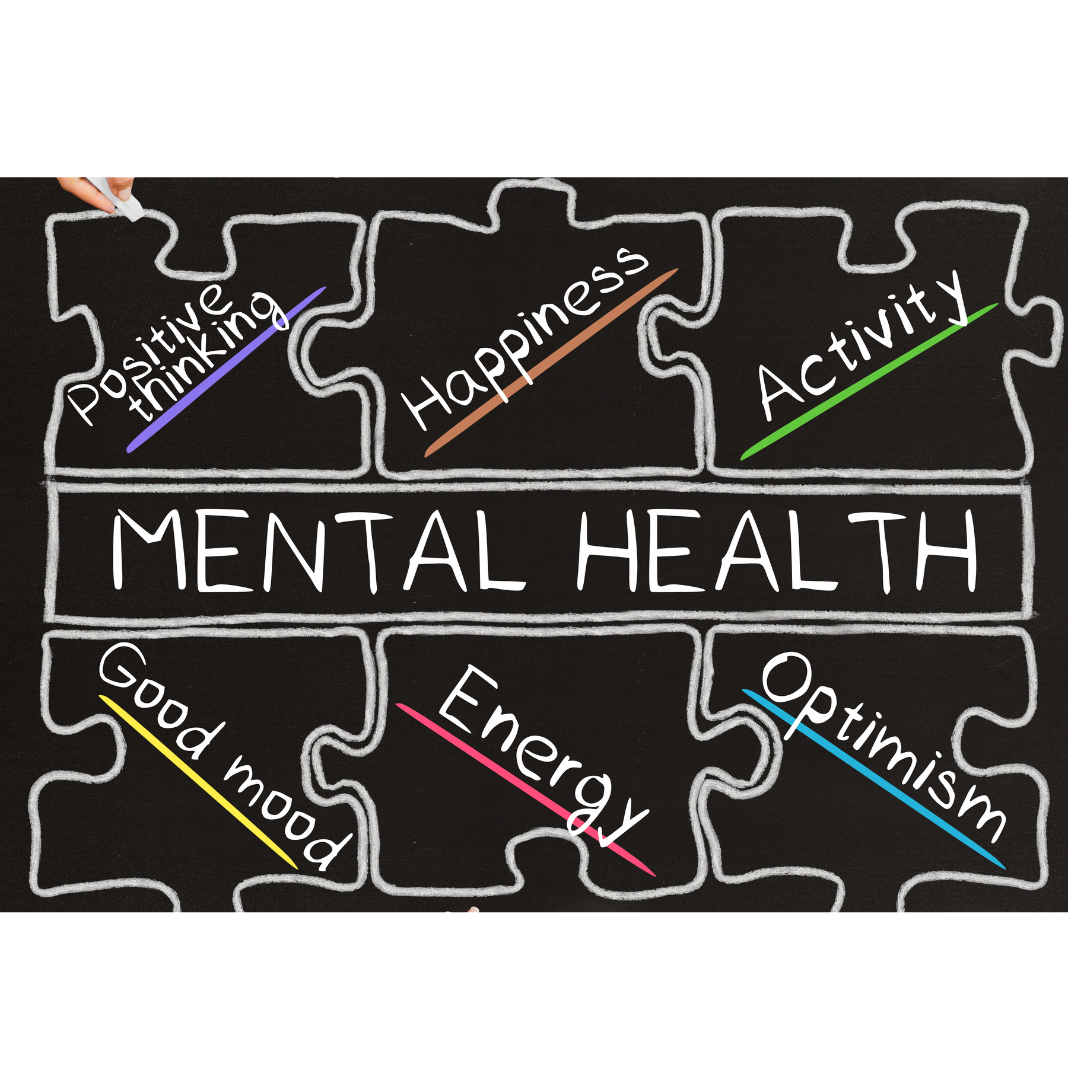
Breaking the Stigma: How Mental Health Awareness Month Is Changing Lives
Share
Mental Health Awareness
Mental health conditions, such as bipolar disorder and other illnesses, should be treated with understanding and compassion. Regrettably, the stigma surrounding mental health disorders often deters individuals from seeking the help they need. Mental Health Awareness Month aims to dismantle this stigma and inspire people to pursue treatment for their mental health issues. This article delves into the history and purpose of Mental Health Month, its influence on reducing stigma, and the vital role of advocacy in raising awareness about mental health.
The Stigma Surrounding Mental Health
Stigma is defined as a mark of disgrace or shame associated with a particular circumstance or quality. In the context of mental health, stigma arises from the negative stereotypes and misconceptions people have about mental illness. This stigma can have serious consequences, as it may lead individuals to feel isolated, discriminated against, and hesitant to seek help for their mental health conditions. The fear of being judged or labeled as "crazy" can prevent people from accessing crucial mental health services and receiving the support they need.
The Impact of Mental Health Awareness Month
Mental Health Awareness Month is celebrated each May to raise awareness about mental health disorders and promote access to mental health care. By sharing resources, personal stories, and educational materials, Mental Health Awareness Month helps to break down the stigma surrounding mental health and encourage people to seek treatment for their mental health conditions. Success stories of individuals who have benefited from Mental Health Awareness Month demonstrate the importance of raising awareness and promoting access to mental health services.
The Role of Advocacy in Mental Health Awareness
Advocacy is a crucial component of Mental Health Awareness Month. By raising awareness about mental health disorders and the need for behavioral health services, advocates can help break down the stigma surrounding mental health and improve access to mental health care. Some successful mental health advocacy campaigns include the National Alliance on Mental Illness (NAMI), which promotes mental health awareness and provides support to individuals with mental health conditions, and the American Foundation for Suicide Prevention (AFSP), which focuses on suicide prevention and mental health education.
Addressing Mental Health in Different Communities
Mental health disparities often exist in marginalized communities, with many people lacking access to culturally sensitive mental health resources. Mental Health Awareness Month emphasizes the importance of addressing mental health needs in these communities and encourages the development of programs and initiatives tailored to their unique needs. For example, the National Latino Behavioral Health Association (NLBHA) focuses on improving access to mental health services for the Hispanic community, while the Black Mental Health Alliance (BMHA) aims to address mental health disparities in the African American community.
Innovative Approaches to Mental Health Awareness
Technology is playing an increasingly important role in mental health awareness and treatment. From mobile apps and online support groups to teletherapy and virtual reality exposure therapy, technology is helping to reduce the stigma surrounding mental health disorders and make mental health care more accessible. Innovative programs, such as NAMI's Ending the Silence, aim to educate young people about mental health conditions and encourage them to seek treatment if needed.
FAQs
Q: What is the purpose of Mental Health Awareness Month?
A: The purpose of Mental Health Awareness Month is to raise awareness about mental health, reduce stigma, and promote access to mental health resources.
Q: How can I get involved in Mental Health Awareness Month?
A:There are many ways to get involved in Mental Health Awareness Month, such as volunteering with mental health organizations, sharing resources and information on social media, and advocating for mental health awareness in your community.
Q: How can I support someone who is struggling with mental health issues?
A: It's important to listen without judgment, offer support and encouragement, and help connect them with mental health resources. Avoid giving unsolicited advice and respect their autonomy in seeking treatment.
Q: What resources are available for individuals struggling with mental health issues?
A: There are many resources available, including therapy, support groups, crisis hotlines, and online resources. It's important to find a resource that works for you and to seek help when you need it. Some examples of available resources are the National Suicide Prevention Lifeline, NAMI Helpline, and various online forums for mental health support.

A Call To Action
Breaking the stigma surrounding mental health is an essential step in ensuring that people with mental health conditions receive the help and support they need. Mental Health Awareness Month plays a vital role in raising awareness about mental health disorders, promoting access to mental health care, and encouraging individuals to seek treatment. By continuing to advocate for mental health awareness and supporting those who struggle with mental health issues, we can work together to change lives and create a more compassionate society.
If you or someone you know is struggling with depression, there are resources available to help. The National Suicide Prevention Lifeline provides 24/7 free, and confidential support for people in distress. You can call them by dialing 988 or 800-273-TALK (8225).


